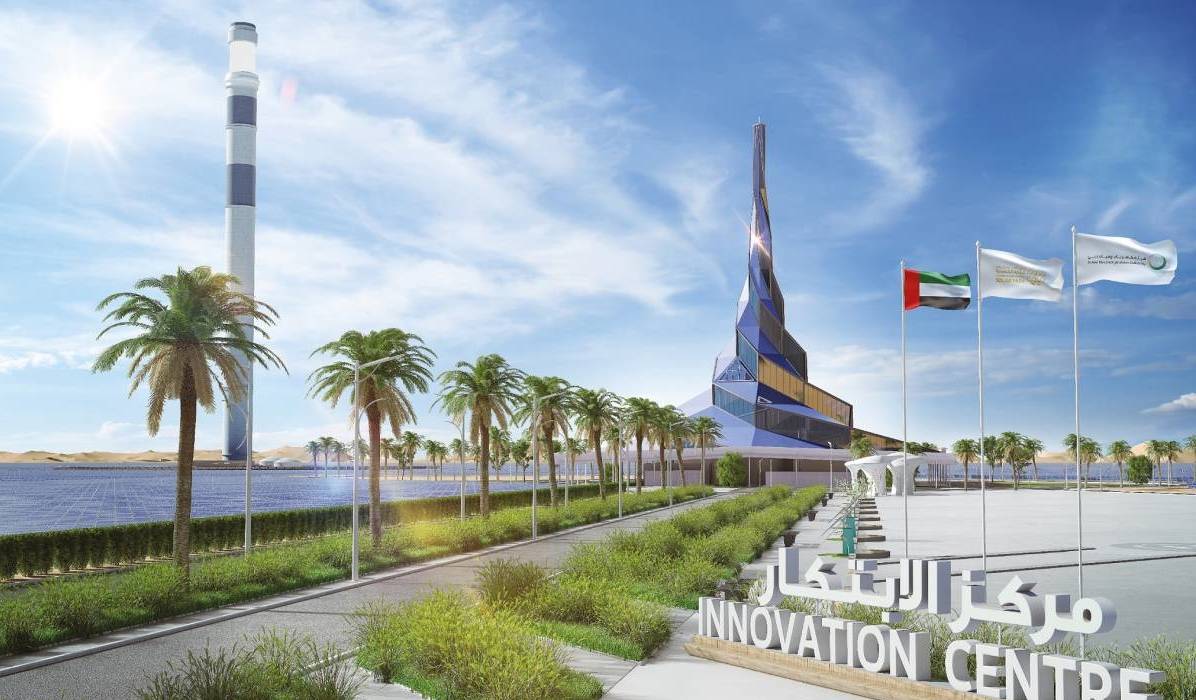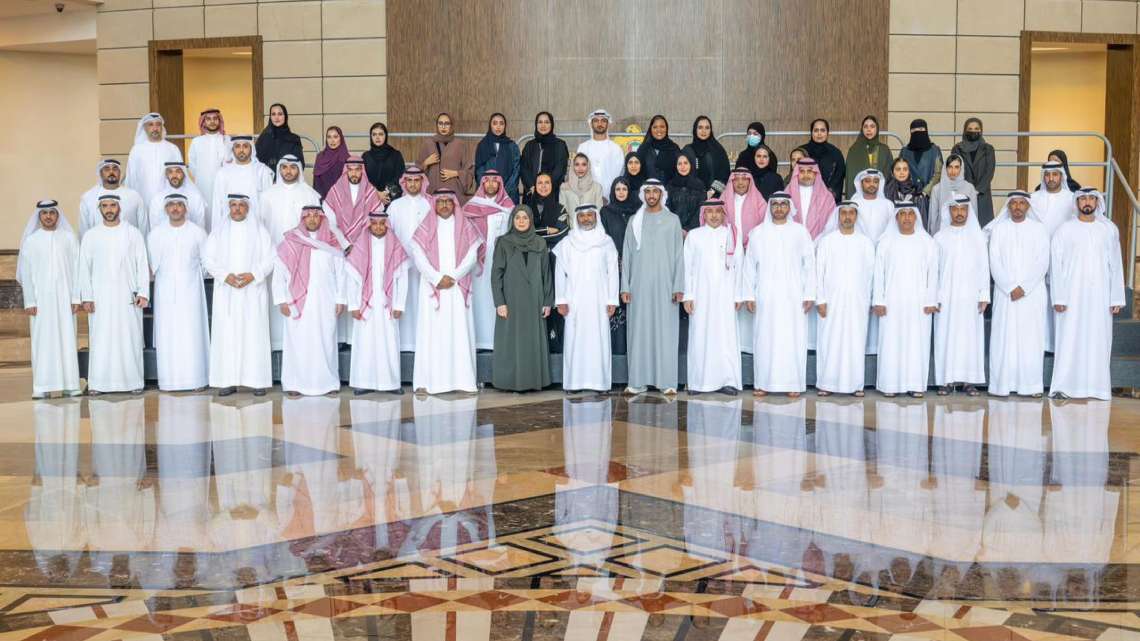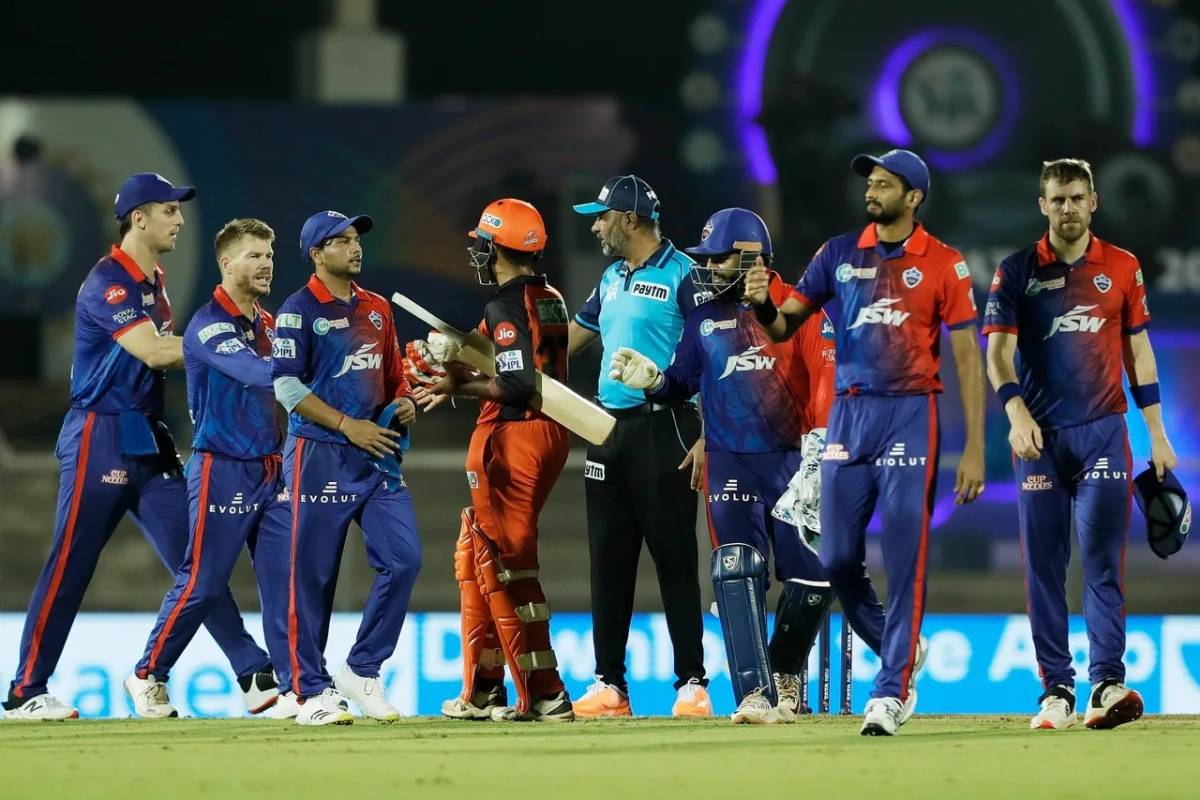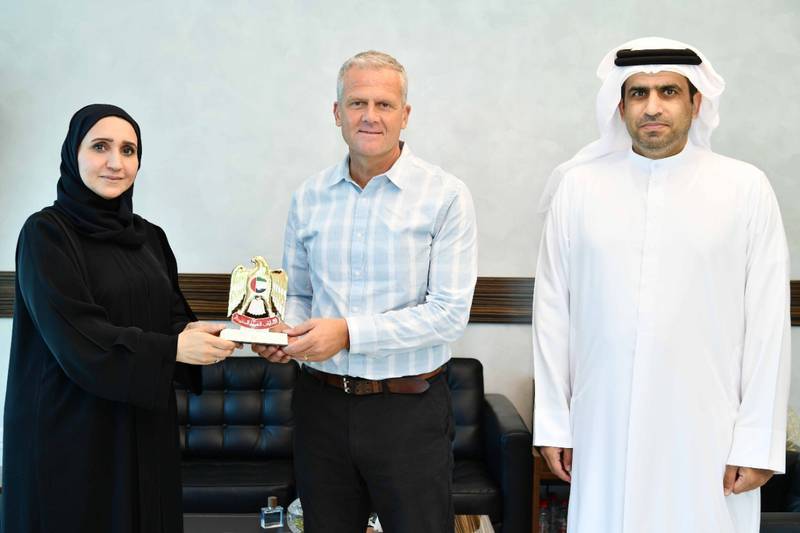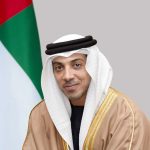The solar park has a planned capacity of 5,000 megawatts (MW) by 2030 with investments up to AED50 billion…reports Asian Lite News
Mohammed bin Rashid Al Maktoum Solar Park, the largest single-site solar park in the world, is one of the most extensive clean and renewable energy projects that Dubai Electricity and Water Authority (DEWA) is implementing to achieve net-zero emissions by 2050.
The solar park has a planned capacity of 5,000 megawatts (MW) by 2030 with investments up to AED50 billion. When completed, it will reduce over 6.5 million tonnes of carbon emissions annually.
In October 2022, the UAE launched its strategic initiative for net-zero emissions by 2050, to become the first country in the Middle East and North Africa (MENA) Region to undertake such a strategic initiative. Dubai also launched the Net Zero Carbon Emissions Strategy 2050 to provide 100 percent of Dubai’s total power capacity from clean energy sources by 2050.
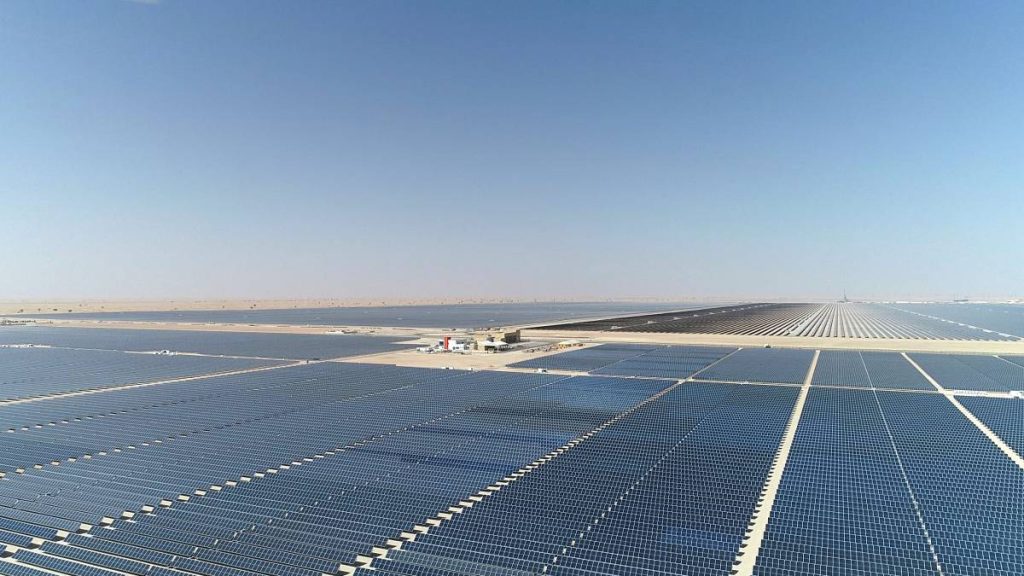
Saeed Mohammed Al Tayer, MD and CEO of DEWA, said that the regulatory frameworks in Dubai, which enable the private sector to take part in energy production projects in Dubai, have encouraged international investors and developers to participate in the Mohammed bin Rashid Al Maktoum Solar Park’s projects, which DEWA is implementing using the Independent Power Producer (IPP) model. He noted that DEWA has attracted investments of around AED40 billion through this model in public-private partnerships. DEWA received the lowest solar energy prices (Levelised Cost of Energy) globally five consecutive times, making Dubai a global benchmark for solar power prices.
“At DEWA, we work in line with the vision and directives of His Highness Sheikh Mohammed bin Rashid Al Maktoum, Vice President, Prime Minister and Ruler of Dubai, to promote sustainability and innovation and transform into a sustainable green economy. This is achieved by increasing the share of clean and renewable energy in line with the Dubai Clean Energy Strategy 2050 and the Dubai Net Zero Carbon Emissions Strategy to provide 100 percent of Dubai’s total power capacity from clean energy sources by 2050.
“The Mohammed bin Rashid Al Maktoum Solar Park, the largest single-site solar park in the world, is our biggest project to achieve this vision. It has a planned capacity of 5,000 MW by 2030. The current capacity at the solar park is 1,527MW using photovoltaic solar panels. DEWA is implementing more projects with a total capacity of 1,333 MW using solar photovoltaic and Concentrated Solar Power (CSP), in addition to future phases to reach 5,000 MW by 2030. The clean energy capacity share is currently around 11.4 percent of Dubai’s energy mix, and is expected to reach around 14 percent by the end of 2022,” added Al Tayer.
The solar park hosts two pioneering projects: The Innovation Centre and the R&D Centre. The Innovation Centre supports DEWA’s efforts to enhance innovation and creativity in clean and renewable energy and raise awareness on sustainability, in addition to strengthening national capabilities and enhancing business competitiveness. It also provides visitors with a unique experience to explore the latest innovations in clean energy technologies.
The R&D Centre supports DEWA’s efforts to anticipate the future, develop proactive, long-term plans to keep pace with the Fourth Industrial Revolution by developing disruptive technologies. It has the largest and most comprehensive solar testing and certification facility in the UAE, and it operates the longest continuous testing of photovoltaic panels in the UAE in desert climate conditions.
In November 2015, His Highness Mohammed bin Rashid Al Maktoum launched Dubai Clean Energy Strategy. Under this strategy, Dubai aims to produce 75 per cent of its energy requirements from clean sources by 2050. The strategy also aims to make Dubai a global centre of clean energy and green economy. It consists of five main pillars: infrastructure, legislation, funding, building capacities and skills, and environment friendly energy mix.
The infrastructure pillar includes initiatives such as Mohammed Bin Rashid Al Maktoum Solar Park, which is the largest generator of solar energy in the world from a single location with a capacity to produce 5,000 MW by 2030 and a total investment of AED 50 billion.
ALSO READ: Dubai to open UAE’s first robotic biobank
The legislation pillar focuses on the establishment of a legislative structure supporting clean energy policies in two phases.
The funding pillar includes the establishment of Dubai Green Fund worth of AED 100 billion which will contribute through its financial resources easy loans for investors in the clean energy sector in the emirate at reduced interest rates.
The fourth pillar aims to build human resources capabilities through global training programmes in the field of clean energy in cooperation with international organisations and institutes such as International Renewable Energy Agency (Irena) as well as international companies and R&D centres.
The fifth pillar is focused on creating an environment friendly energy mix comprising solar energy (25 per cent), nuclear power (7 per cent), clean coal (7 per cent) and gas (61 per cent) by 2030. The mix will gradually increase the employment of clean energy sources to 75 per cent by 2050, making Dubai the city with the least carbon footprint city in the world.


